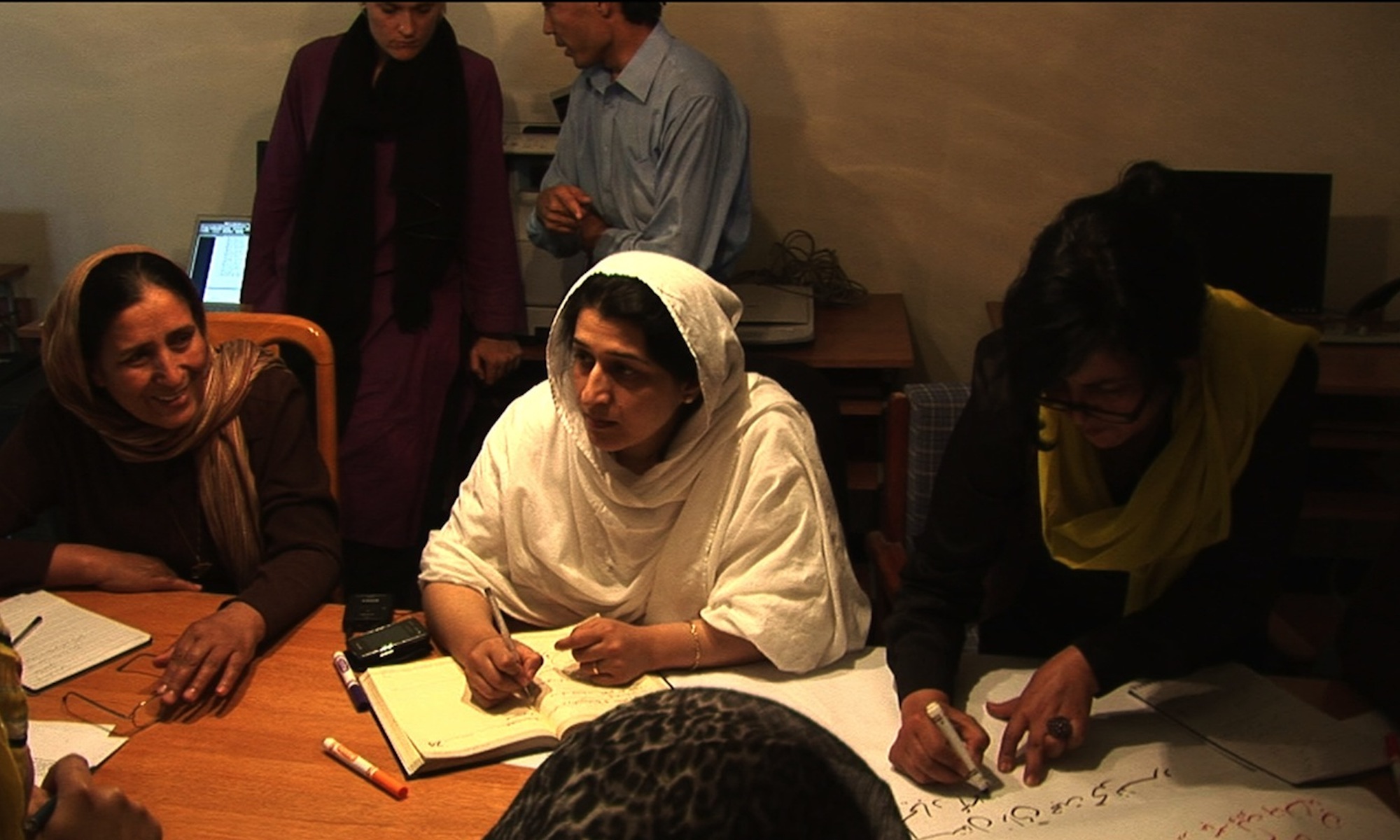The increasingly active role of international organisations in conflict prevention and post-conflict reconstruction in recent years has been complemented by a continuous shift from humanitarian assistance to a more holistic and sustainable response to complex emergencies. Concentrating on a sub-national level, the article analyses the potential and practical results of the area-based development approach (ABD) in contributing to conflict prevention and linking reconstruction and development. Firstly, it analyses the theoretical and methodological underpinnings of the approach in light of current academic discourse on conflict and reconstruction. Secondly, it assesses the practical contribution of two ABD programmes in South and Southwest Serbia to conflict prevention and development. Based on these findings it summarises and discusses key strengths and limitations of the approach. It argues that although ABD is often effective in responding to complex conflict characteristics on sub-national levels, under its current conceptualisation, it suffers from a limited ability to respond to the full complexity of issues related to conflict and development on multiple levels. The contradiction in the terms ‘integrated’ and ‘area-based’ needs to be addressed both conceptually and in practical applications, and the article formulates recommendations for the improvement of the approach in this respect.

INSCT Postconflict Research Database
The Institute for National Security and Counterterrorism's Postconflict Research Database & Analysis Project stores cross-indexed bibliographic information on hundreds of journal articles, books, book chapters, and case reports that address the broad, interdisciplinary fields of postconflict reconstruction, stabilization, and peacebuilding.